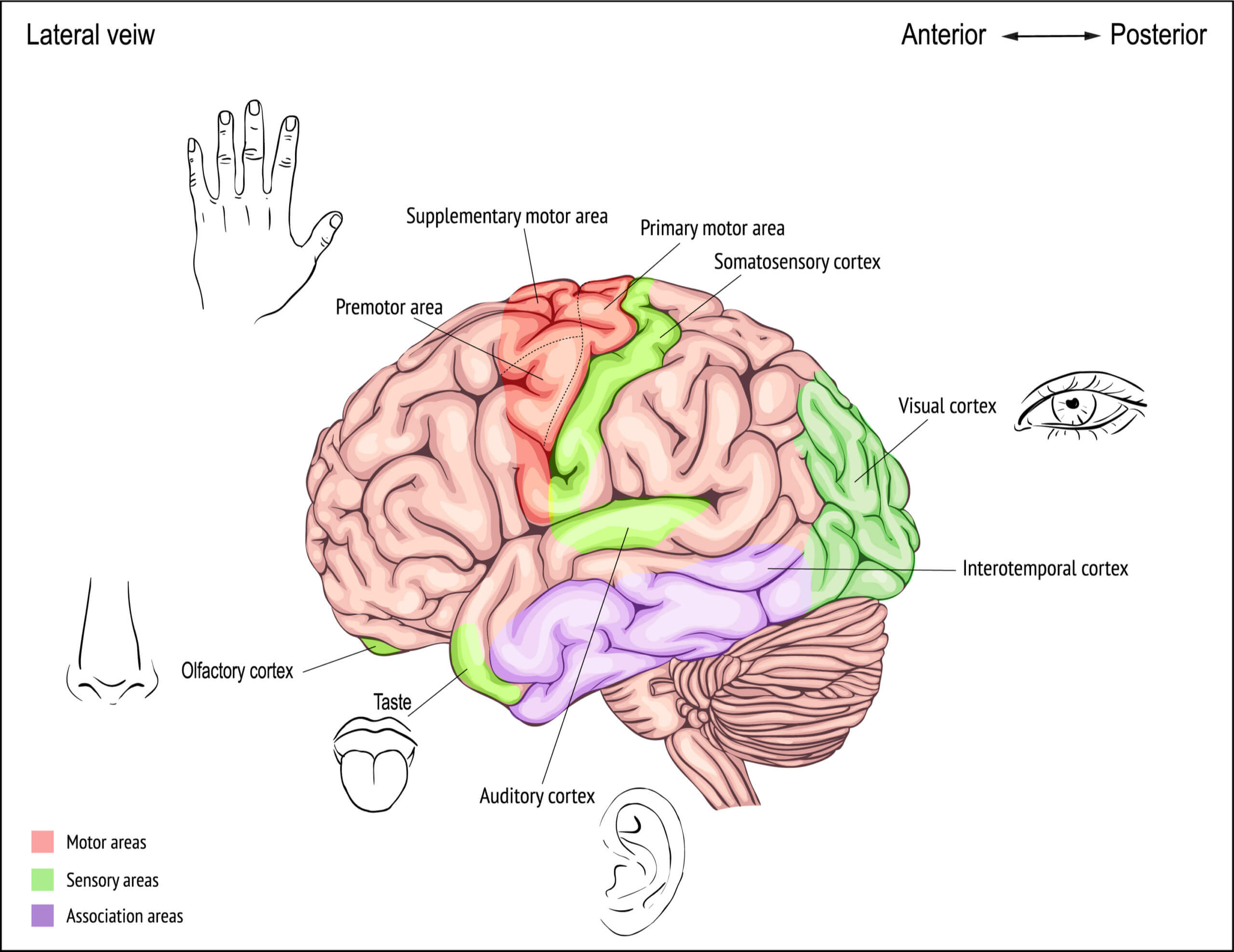
No, they are not just being difficult.
March 2, 2022
Your loved one is having an unexpected reaction to the food they are eating. They stop eating, declaring that it has no taste. They become very apprehensive while walking through a door into a restaurant. They are nervous and are becoming more and more irritated. They cannot seem to judge how to sit down in the seat. They seem so distracted that they cannot read the menu or decide what to order.
These things and more are due to the brain not being able to process the sensory inputs correctly or in a timely manner. Their sense of taste and smell have lessened or may even become non-existent. When areas are too dark, they are unable to differentiate the floor from the walls, tables or chairs. Their depth perception is way off and maybe they begin to sway more and even fall more. Noisy places can send them over the edge. Too much sensory information overload can cause a meltdown and unwanted lashing out behaviors. The talking, the music, the televisions may be too much for them to handle.
You probably will not be able to calm them down and so it is best to remove them from the situation. They cannot follow the conversation with all of the distractions. They will become disoriented more easily and their balance will be affected as well.
Dementia Affects Changes in Perception and Processing
Why is this sensory overload happening? It could be an auditory processing disorder. That can be tested by an audiologist. In mild cognitive impairment, any dementia, including Alzheimer’s disease too much “noise” can strain the brain and make it work harder. Our brains only have so much focused energy to use during the day and an impaired brain, has way less energy to use. If they expend all their energy on the “noise” issue they have no energy left to work on anything else. They may be able to hear well, but they cannot process/interpret the sensory input. By the way, hearing also affects balance.
Sight/Vision issues:
-
- Lack of depth perception
-
- Decrease in ability to detect movement in the room
-
- Decrease in ability to see colors
-
- Problems recognizing people, faces or things
-
- Shadows and light can mess with their minds and what they think they are seeing .
-
- They may be able to see, but are unable to interpret what they are seeing.
-
- Things may appear blurry.
-
- They may no longer have peripheral vision.
-
- They will need more light to see.
Smell issues:
-
- Sense of smell decreases
-
- They can no longer smell smoke, odors, foods that may be spoiled.
Taste issues:
-
- Sensitivity to taste declines in dementias.
-
- The last taste to go is the sweet taste.
-
- They will add a lot of salt, if the salt shaker is visible.
-
- It is perfectly fine to use other spices to help them “taste” their food.
-
- When the sense of smell goes, taste goes too.
Touch issues:
-
- They may be unable to tell when things are hot. You might want to decrease the hot water heater temperature.
-
- They may not know when they have cut themselves with a knife.
-
- They may not be able to tell the difference in hot water and cold water on their body.
Hearing issues:
We talked a little about that in our example above.
-
- A person with dementia may have normal hearing, but they will probably be unable to process the information correctly. Remember, we hear with our brains.
-
- Competing noises are very distracting. Even if it is normal to you, a person with a dementia cannot filter out the extraneous noises.
-
- Are the batteries in their hearing aids good? Are their hearing aids working?
-
- Do they need to be checked by an audiologist? NOT, a hearing aid specialist.
-
- They need a quiet setting. Low music is usually fine. TV is not good and needs to be turned off, while they are eating and talking.
Impaired movement issues:
-
- They may take shorter steps.
-
- They may drift to one side.
-
- They may shuffle their feet.
-
- They may slow way down as they walk.
Balance issues:
-
- It becomes harder to judge distances and they may bump in to things.
-
- They struggle or can no longer negotiate stairs.
-
- Balance and coordination may be off and so they trip or fall more easily.
Stiffness/Shaking issues:
-
- The muscles can become more rigid which makes it more difficult to move.
-
- The muscles can become tighter and restrict movements.
-
- The muscles can waste away from inactivity and malnutrition.
Coughing/Choking issues:
-
- The ability to chew and swallow may become compromised and even lost.
-
- It becomes easier for them to aspirate and a pneumonia set up in their lungs.
A person with a dementia is actually having brain failure. The brain can no longer receive, process, interpret and react to sensory signals appropriately. What is so frustrating is that sometimes ou
Pat


